For 30 years, Malawi was a one-party state in which citizen participation in law and policy- making was almost non-existent. The political institutional architecture of the one-party state removed any spaces where ordinary citizens could engage with their government on law and policy matters. Policy making was the domain of the president and, to a small extent, party officials and this was consolidated and sustained by the four cornerstones of the Government, namely Unity, Discipline, Loyalty and Obedience, which were enshrined in section 2(1)(i) of Malawi’s 1966 Constitution.
In that kind of framework, any policy opinion that was different from that contemplated and announced by the president was regarded as dissent and a threat to the political stability considered necessary for social and economic development. Essentially, the annual party conventions of the then ruling party, the Malawi Congress Party (MCP), served as the forum for policy formulation.
In 1993, there was a shift to a new era after a referendum was held in Malawi to become a democratic state. This change in the political architecture was accompanied by various legal and institutional reforms to conform to the new system of governance. One of the reforms was the adoption in 1994 of a new democratic constitution, replacing the 1966 Constitution. The Constitution reinstated the Bill of Rights, which had been removed from the 1966 Constitution. One of the rights that had been restored was the right to participation. Section 40(1) (c) of the Constitution states that “every person shall have the right to participate in peaceful political activity intended to influence the composition and policies of the government”. This constitutional provision was followed by the introduction of various mechanisms to enable citizen participation in democratic processes at national, district and local levels.
Against this background, the Centre for Human Rights and Rehabilitation (CHRR), with funding from the International Center for Not-for-Profit Law (ICNL) under a collaborative project titled PROTECT (Protecting Rights, Openness and Transparency – Enhancing Civic Transformation), undertook this study on public participation in law and policy making in Malawi. This study sets out to identify the key gaps and challenges facing civic participation in law and policy-making processes in the country, particularly for vulnerable and marginalized groups, such as women, youth, persons with disabilities and members of the lesbian, gay, bisexual, transgender, intersex, and queer (LGBTIQ) community.
To access the complete document kindly follow the link below to download under Publication:
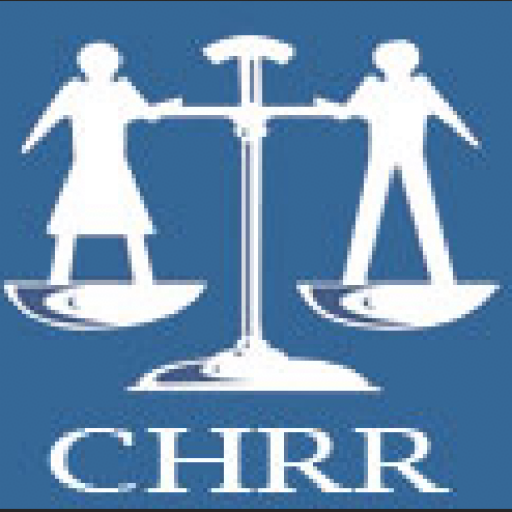
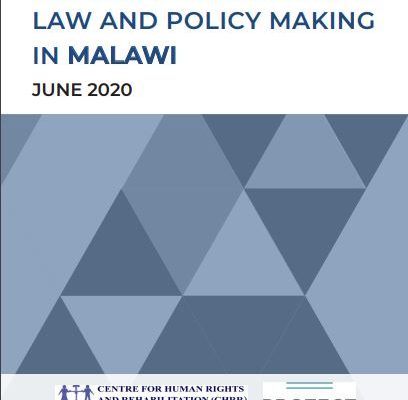
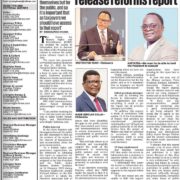
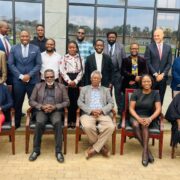
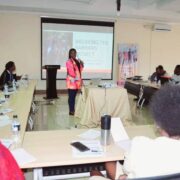
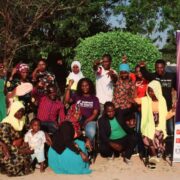

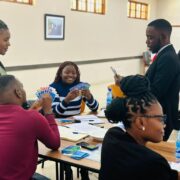
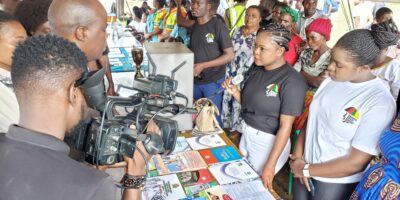
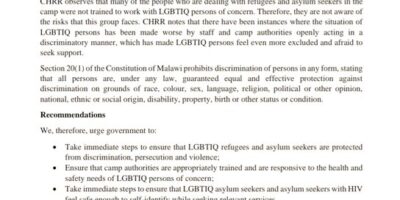
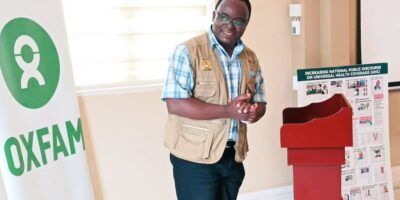

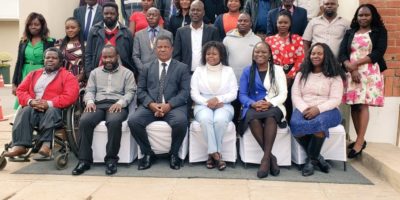
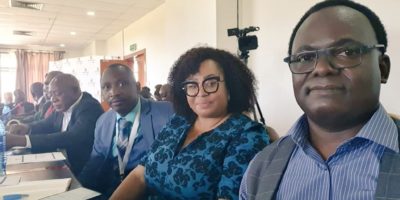
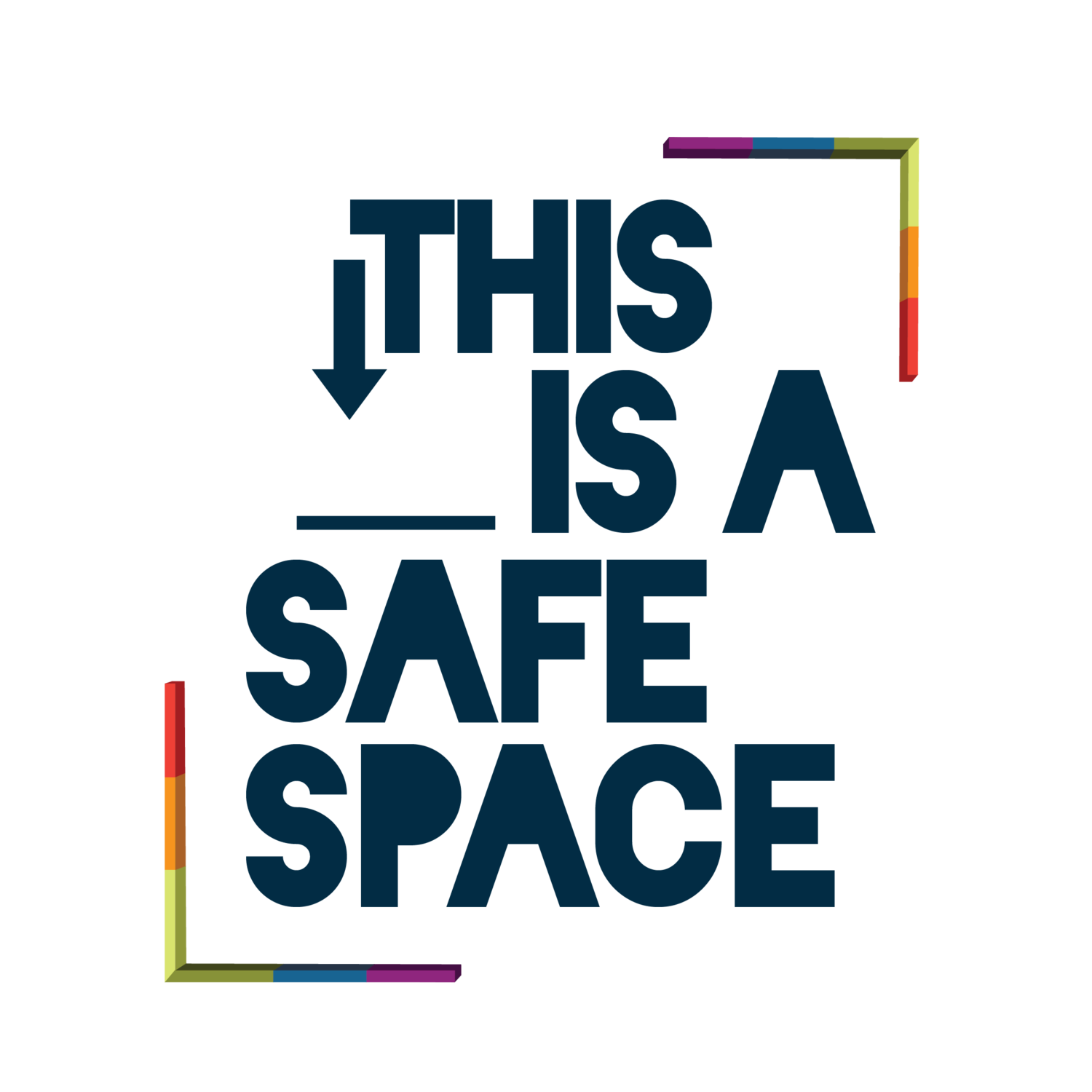
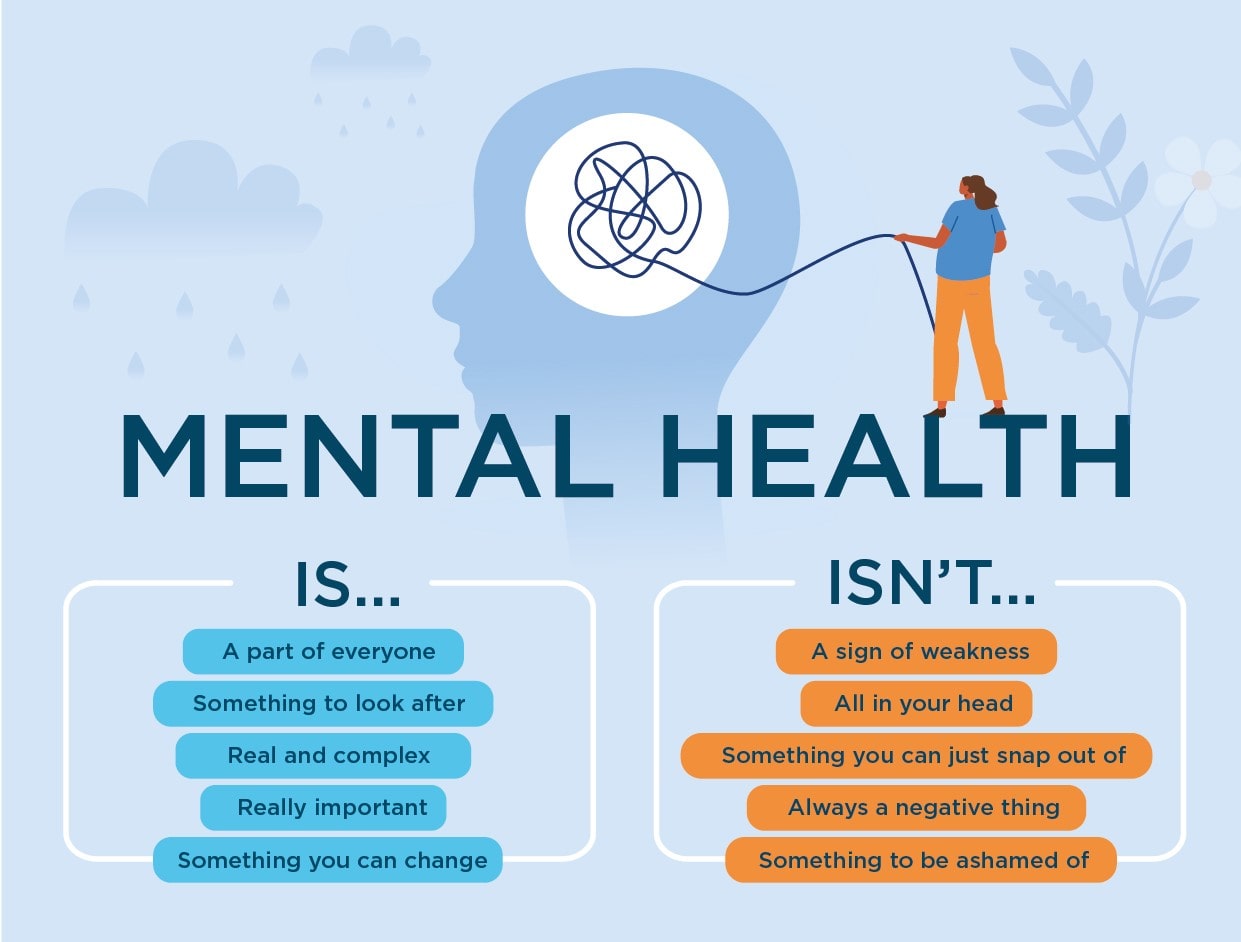
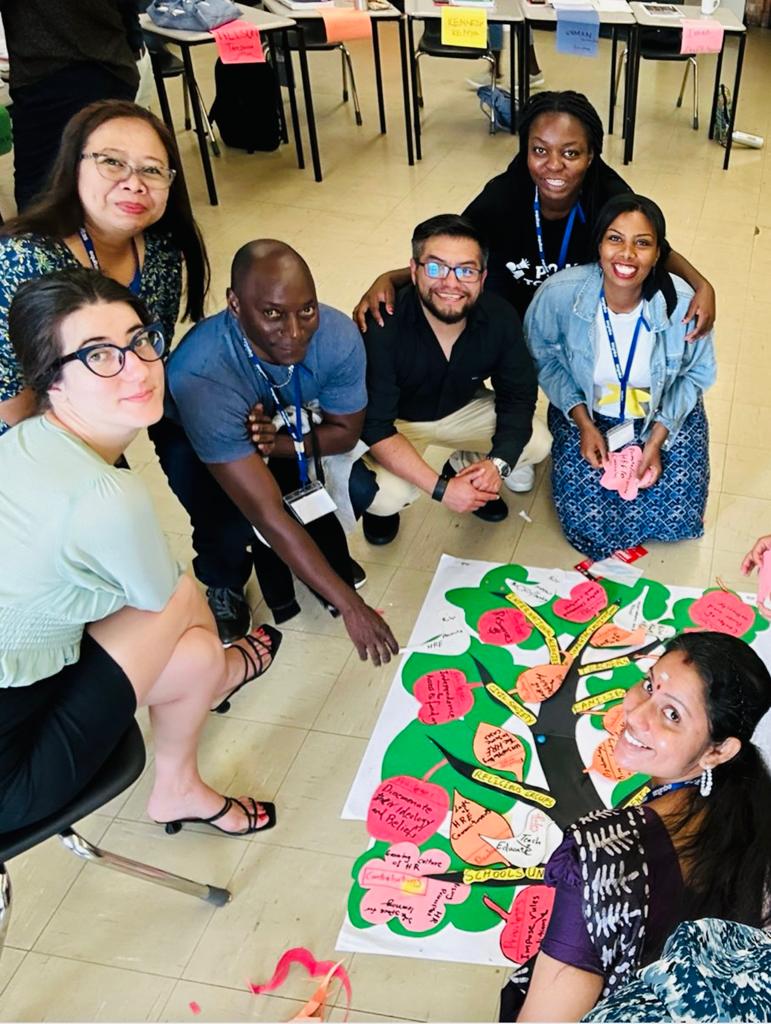
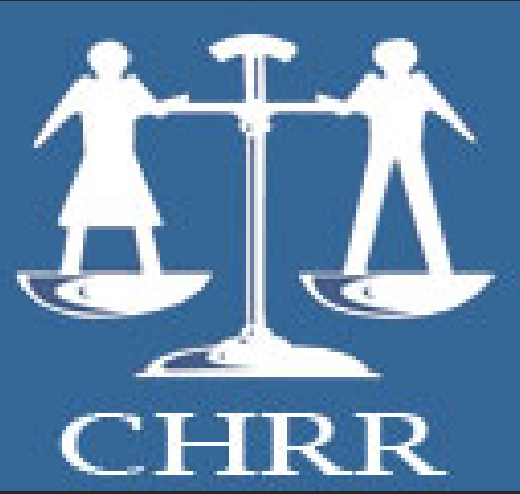


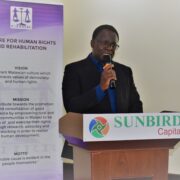
Comments